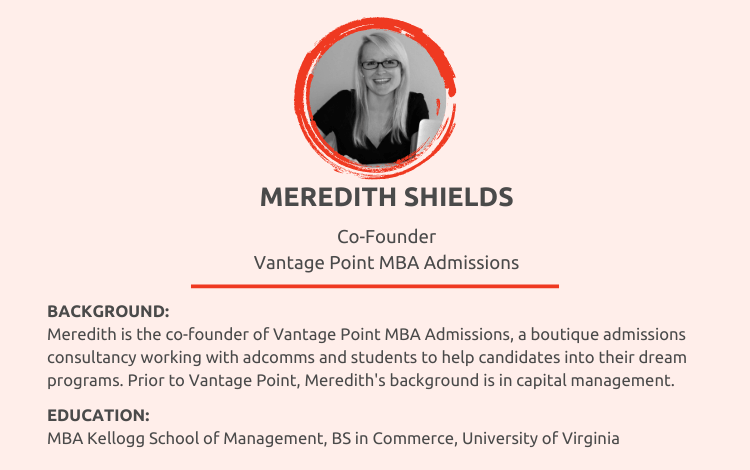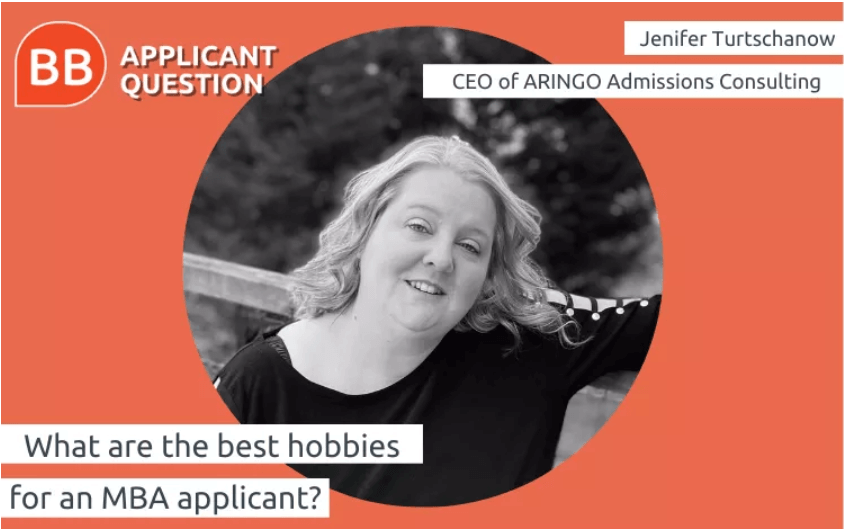Whether your low GPA was because you chose the toughest major at your university, had a little too much fun, or were so involved in extracurriculars that you didn’t have enough time to study, it is one of the easiest items to mitigate in your MBA applications.
For most people, college was several years ago, and you’ve come a long way: started your career, accepted a promotion, and maybe even started managing a team.
Though your progress since college will be advantageous in addressing the admissions committee’s questions about your leadership potential, skill set, and sometimes analytical skills, it doesn’t answer the question of how well you can handle a classroom or academic environment.
So, what can you do if your undergrad GPA is not at or above the average for your target schools?
Whenever I’m advising an applicant with a low GPA, I focus on two things: one, explain and two, overcome.
Explaining a low GPA
Note that I did not use the word “justify”.
Explaining is not making excuses. It is simply stating how it was and how it’s better now. Importantly, don’t sweep anything under the rug or be cagey.
If your GPA was low in your first two years because you were struggling with over-committing and not managing your time well, then it’s okay to say that it took you a while to really perfect your time management skills and figure out how to prioritize effectively.
In fact, it shows a great deal of maturity and self-reflection. However, you must immediately follow that statement by pointing to how you’ve overcome that issue (for example, point to something like a higher GPA in your previous master’s program, or the fact that you manage multiple projects at a time now with no issues.)
Be brief but be specific—you don’t want to leave anything to assumption or have them think that you are being vague because the real reason is that you just partied too much.
All of this information, in addition to any other necessary explanations, will go into the optional section of the application. This section is where you can directly point out that certain areas of weakness, including a low GPA, are not reflective of the strength of your candidacy.

Overcoming a low GPA
In addition to explaining why your GPA from undergrad was low, you also want to note in this section what you’ve done to prove your academic ability.
The best “proof”, of course, is to take a post-grad class and show the admissions committee that you can handle the academics like a champ.
A large percentage of Vantage Point MBA clients take some sort of online or in-person class to bolster their applications. Fortunately, there are great options for every work and life schedule.
Pre-MBA courses to consider
On the higher end of commitment level would be in-person (or in the time of COVID-19, live virtual) classes at a local community college or university continuing education department.
These work well for people who learn best in a group setting and want to hunker down and complete the class on a more concrete schedule.
Attending an in-person class, per se, isn’t necessarily viewed more favorably in this day and age, but it has the advantage of more structure for those who prefer that setting.
Online classes offer more flexibility and are the most popular choice for applicants in recent years. Go-at-your-own-pace programs are appealing to those with demanding jobs or who have less control over their day-to-day schedules. Online classes also range in commitment level and costs.
On the lower end of the commitment and time spectrum, MBAMath.com costs $149 for modules spanning subjects such as statistics, accounting and financing that can be completed in 20-40 hours.
Read Another Applicant Question
On the higher end of commitment and time is Harvard Business School Online’s CORe, which costs $1,950 and is estimated to take approximately 150 hours to complete. Of note, many estimate that 25% of HBS admits have taken CORe (this is anecdotal, of course).
Other popular options include Wharton’s Coursera courses (the graded versions—there are many different classes and you can subscribe to the specialization for free right now) and UC Berkeley’s extension (approximately $1,000 for an accounting course that spans approximately 45-50 hours).
The most popular courses to take generally include accounting, statistics, or calculus if you didn’t take any of these in college.
This of course depends on how much quant work you’ve done in the past and how you performed.
By doing well in one of these courses, you can ask the admissions committee to look at your additional coursework grades as an indication of your ability to succeed in the classroom instead of your undergrad coursework.
Typically, this demonstration, paired with a strong GMAT score, will help an admissions director to feel more comfortable with that aspect of your application.
Aside from increasing your chances, taking additional coursework shows your commitment and willingness to prepare for the MBA experience, which signals that you are ready to get as much value out of the program as humanly possible (and they like that!)
READ NEXT:



